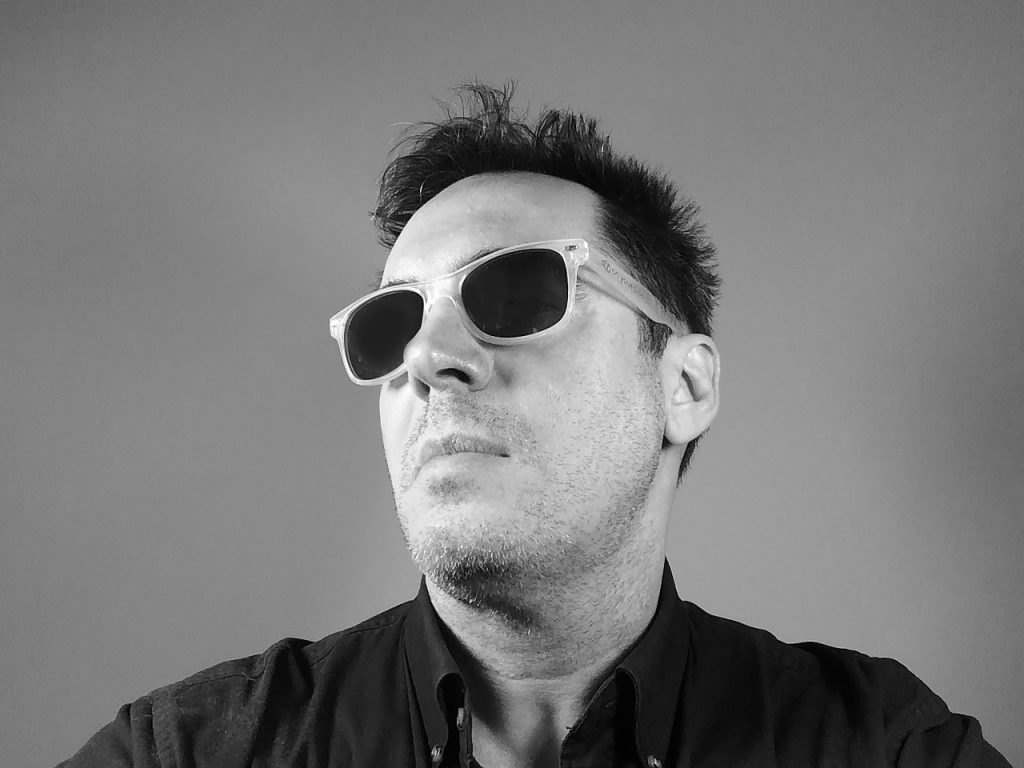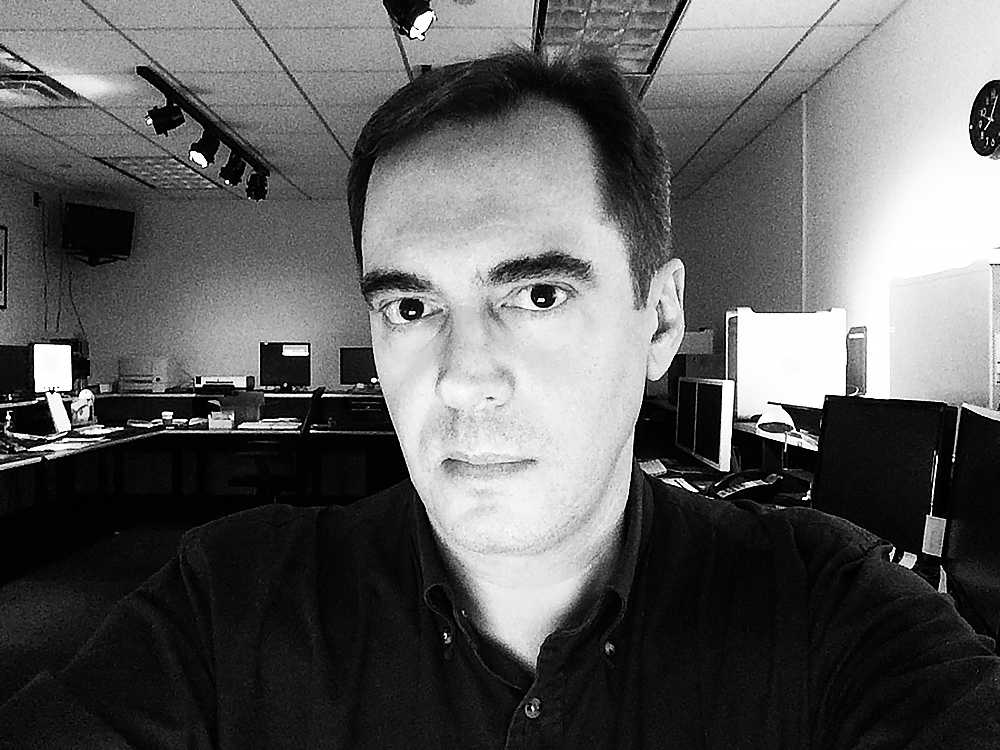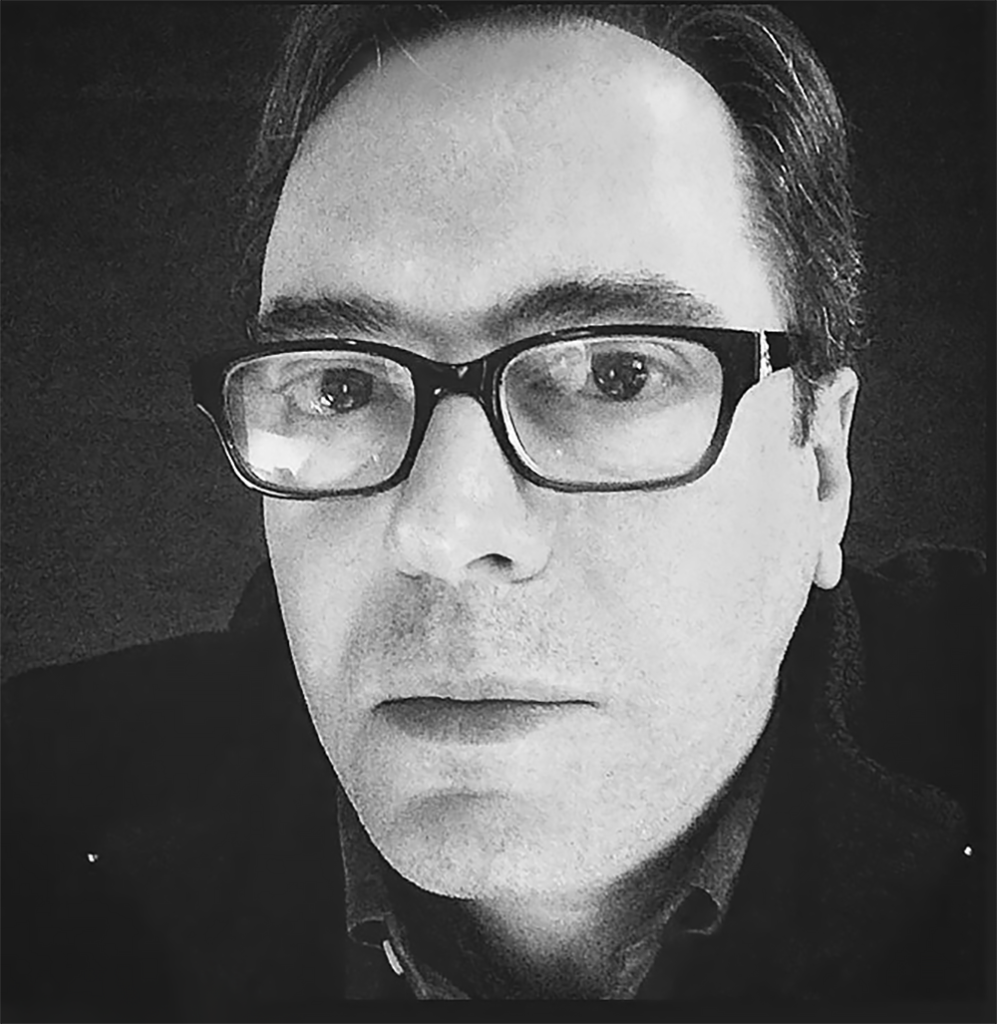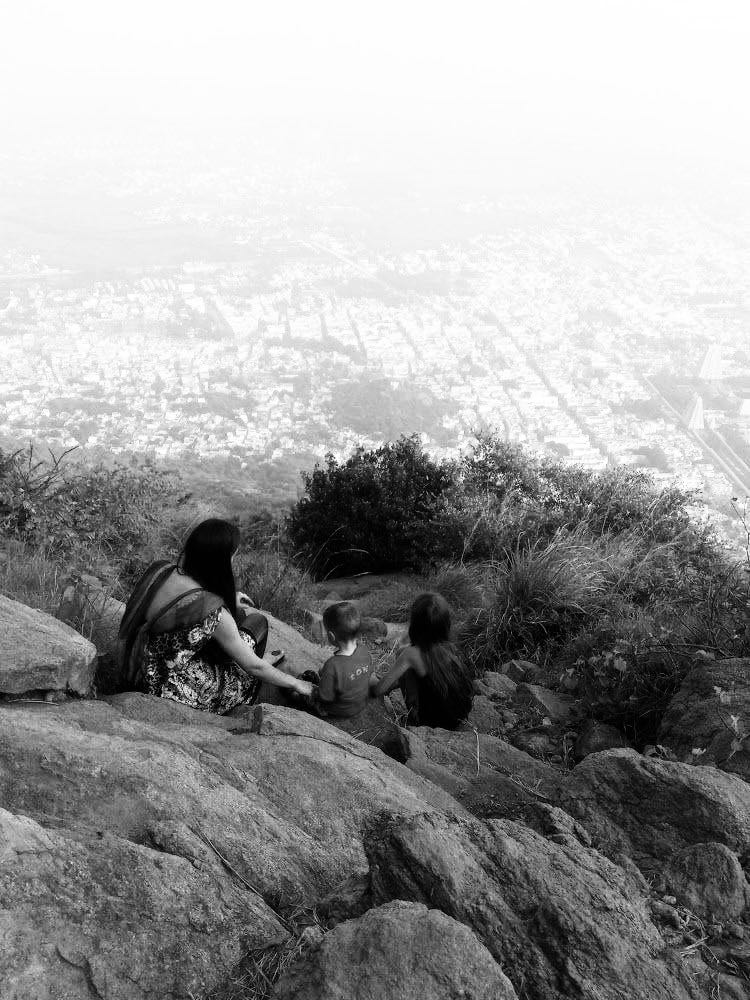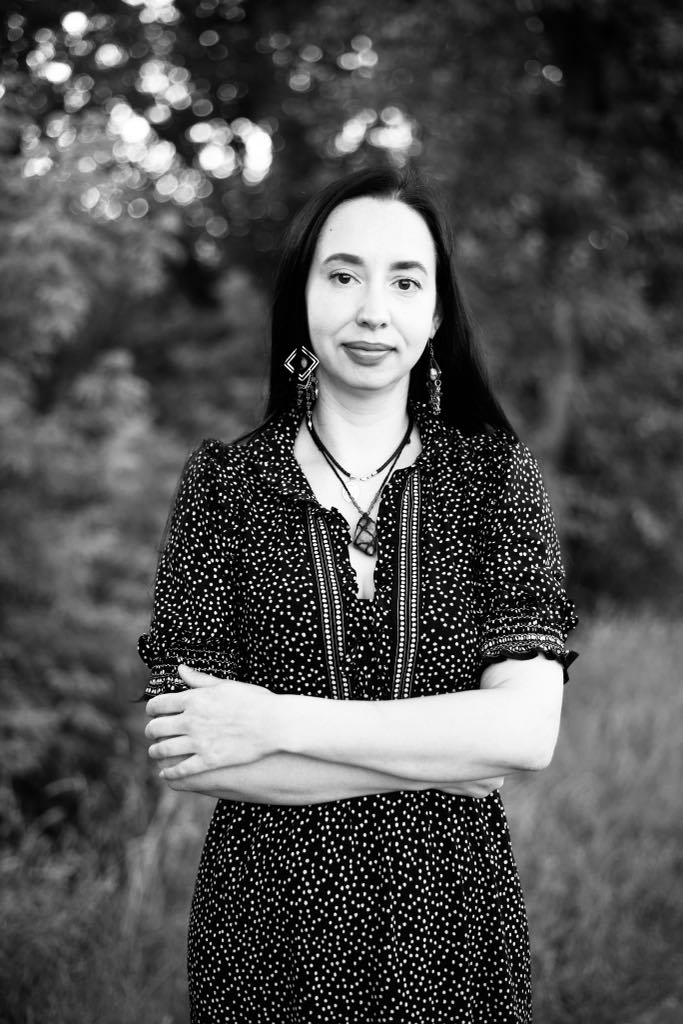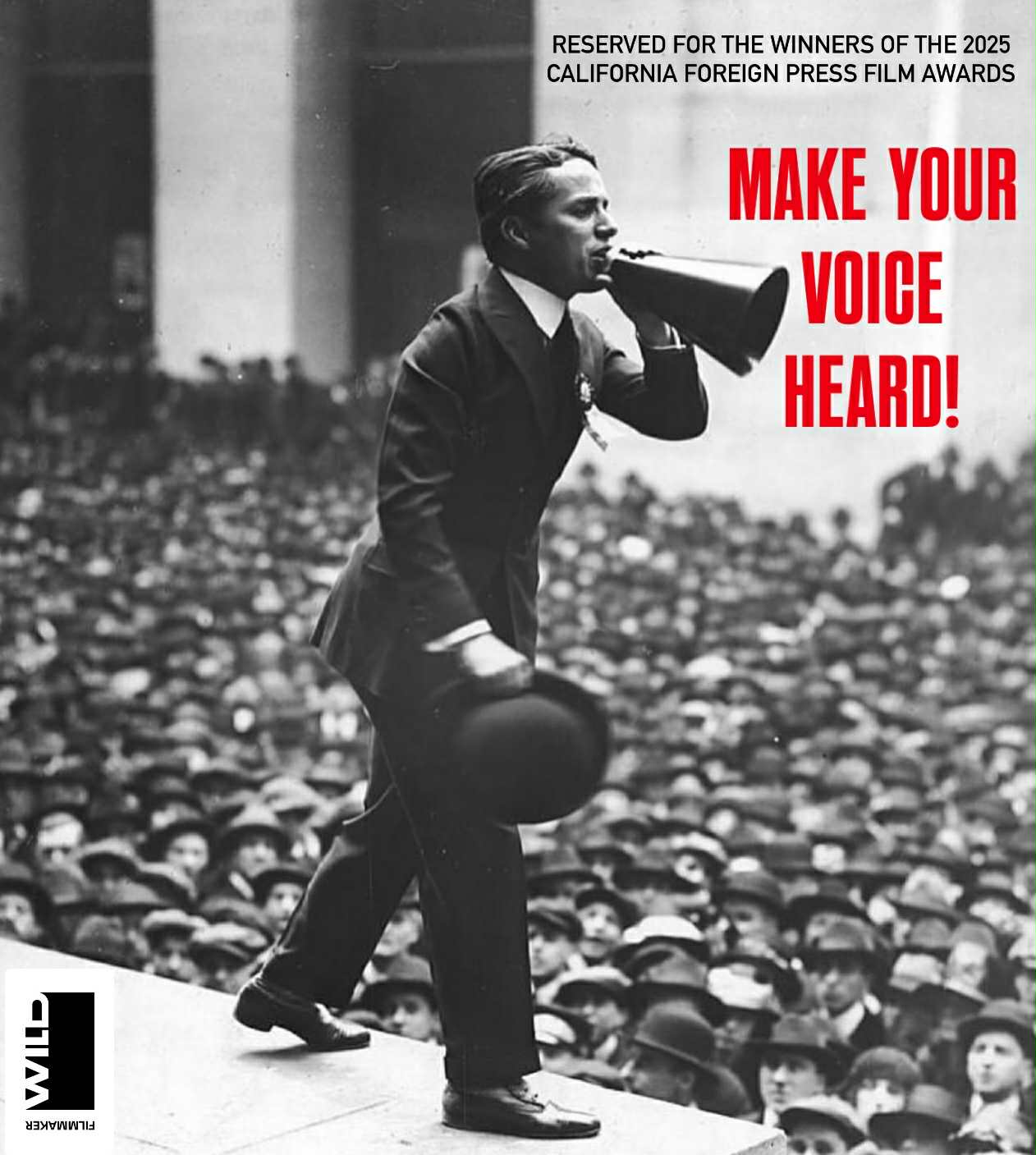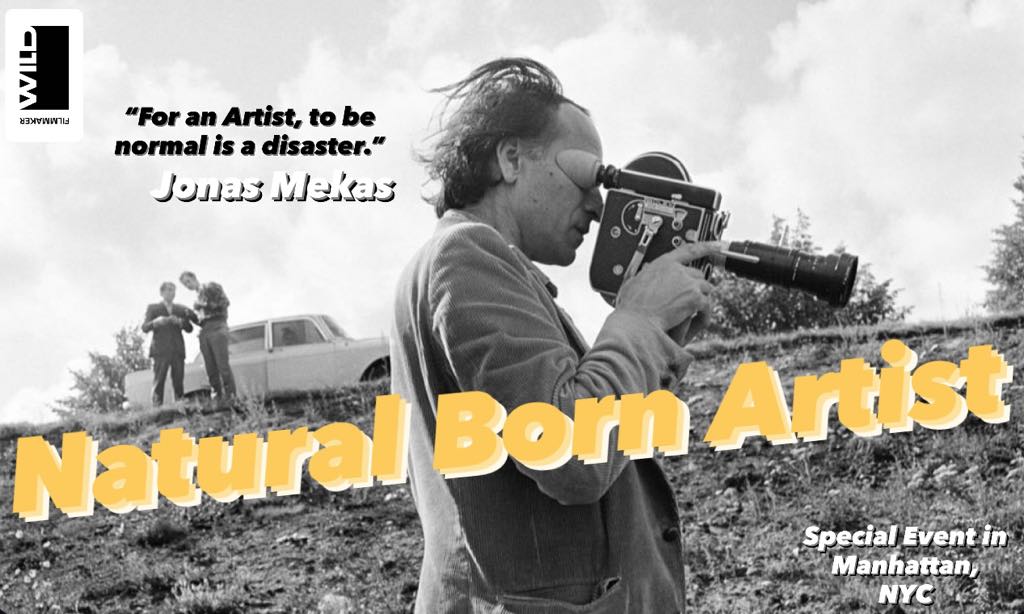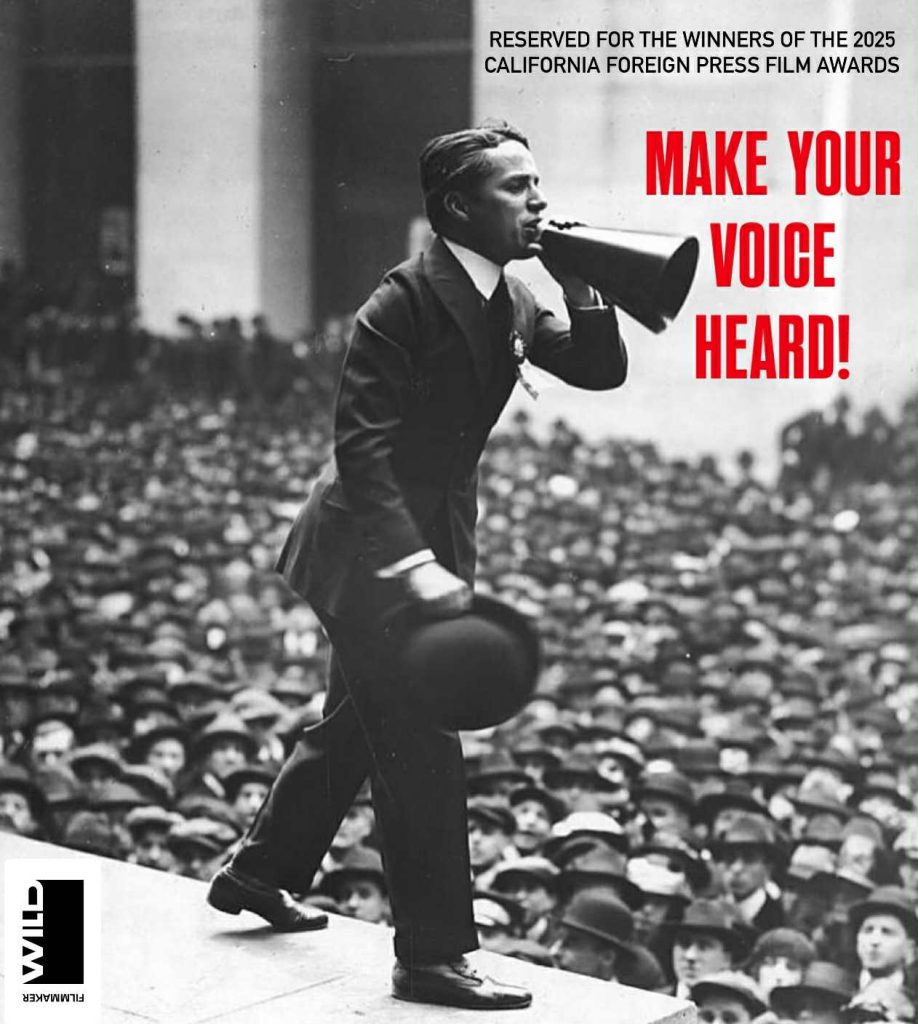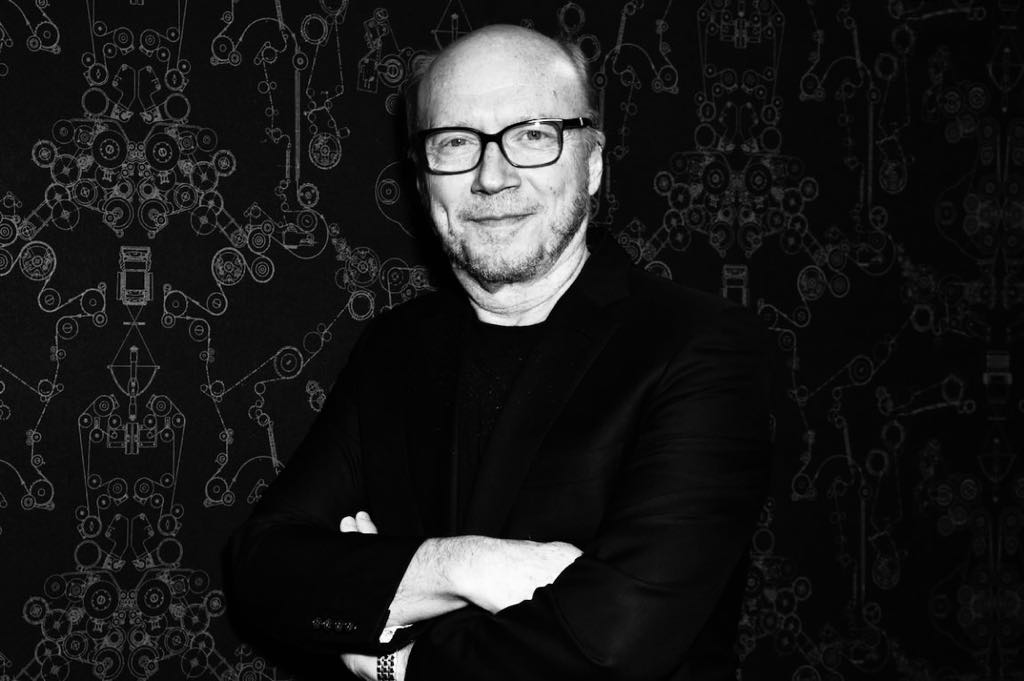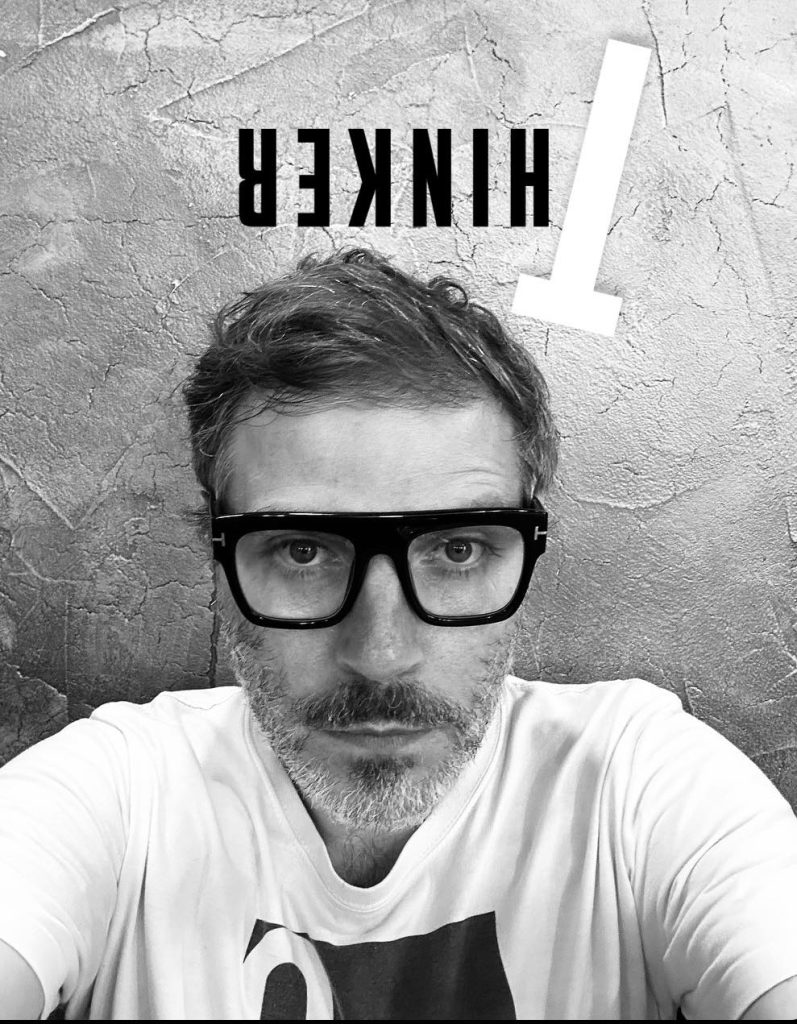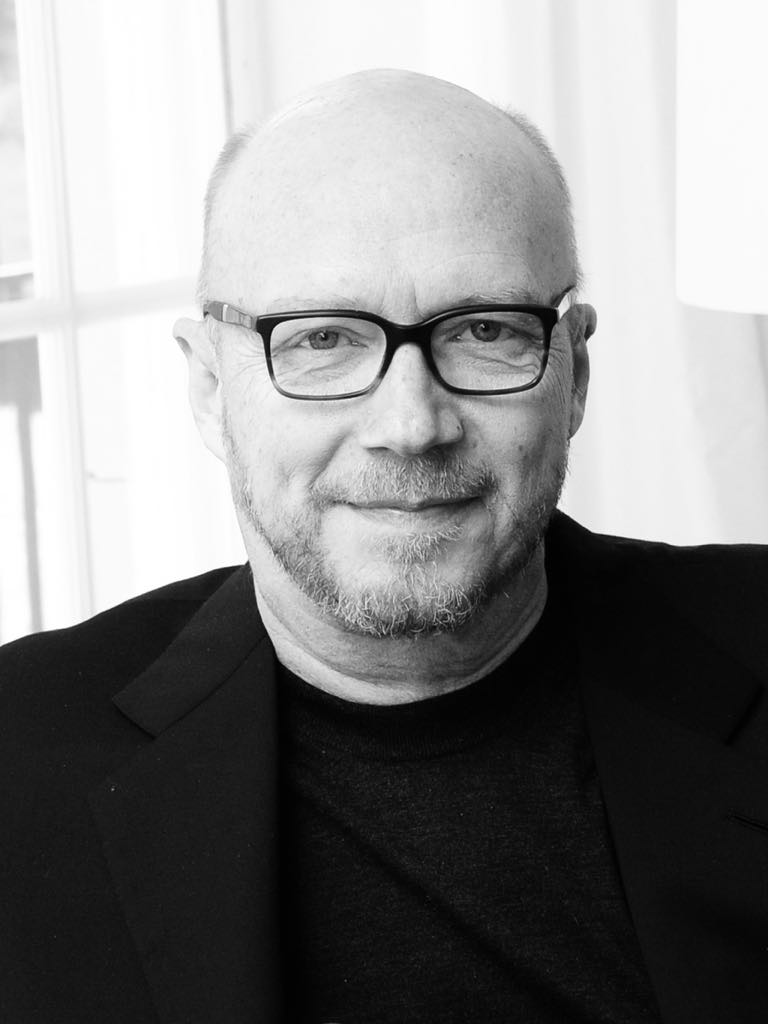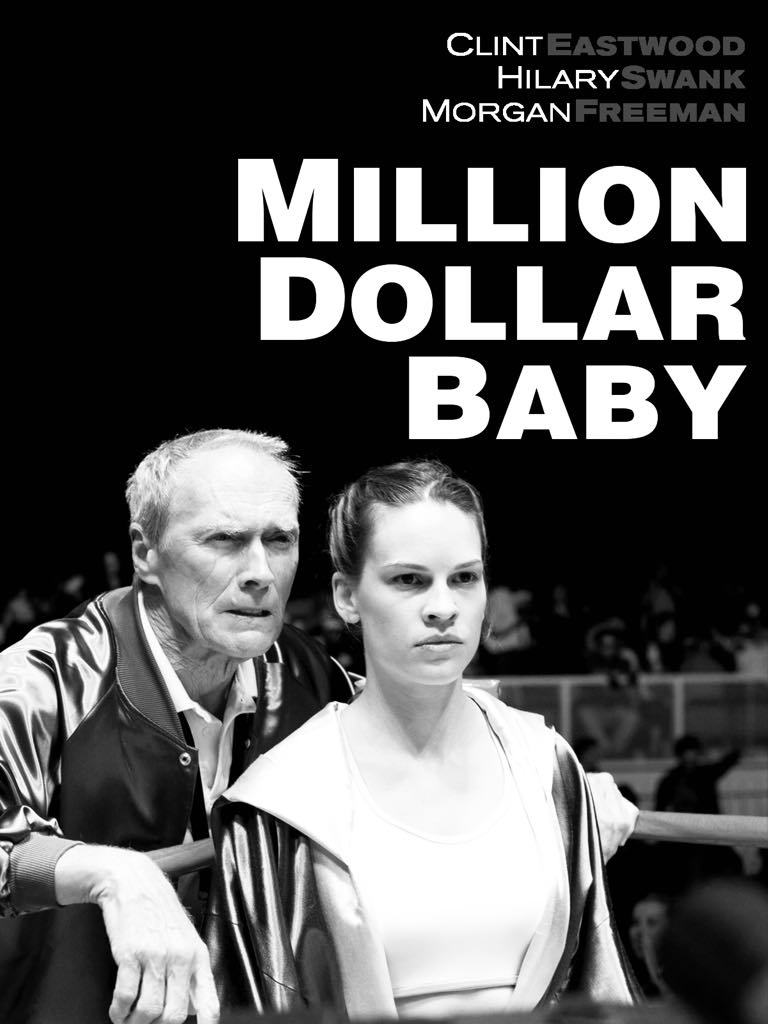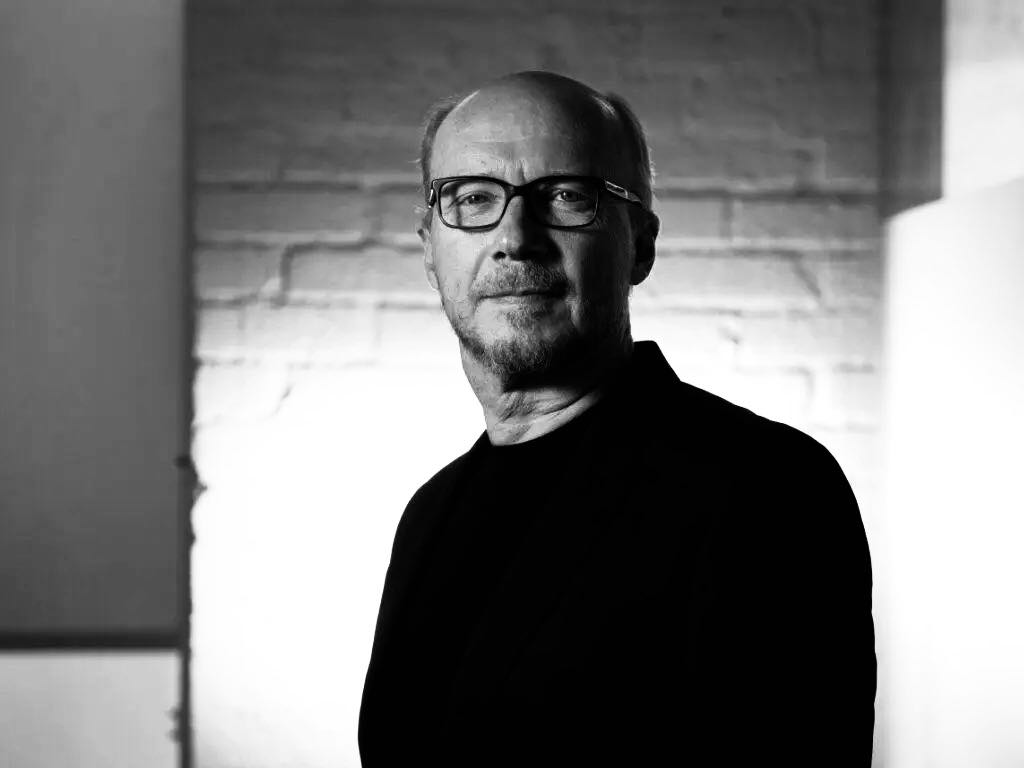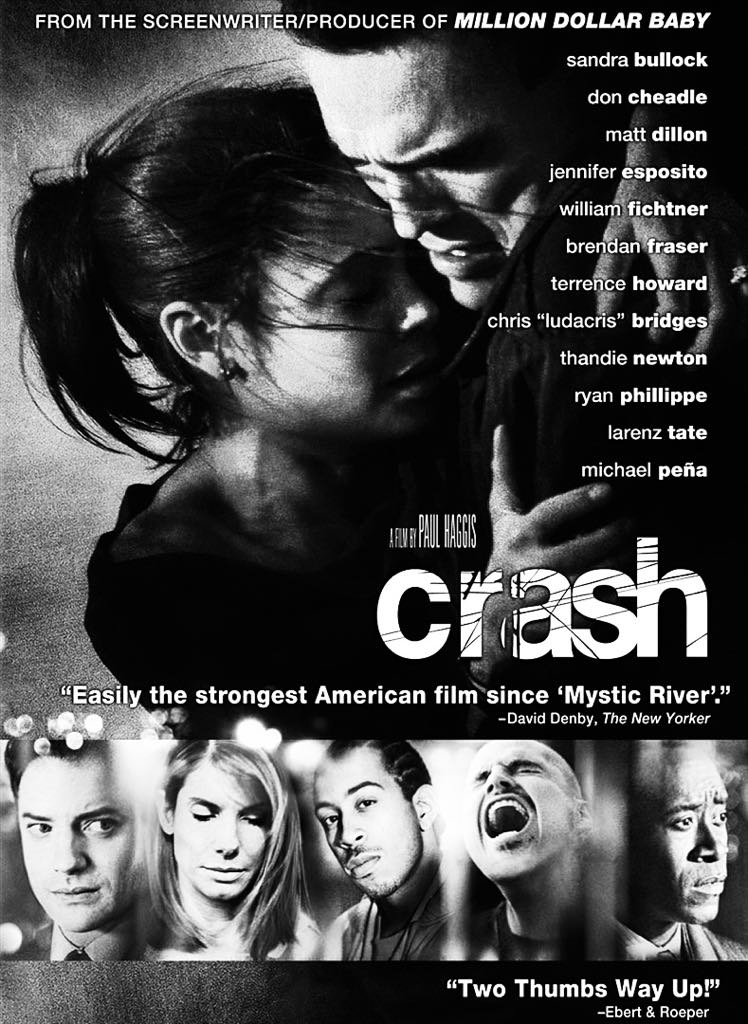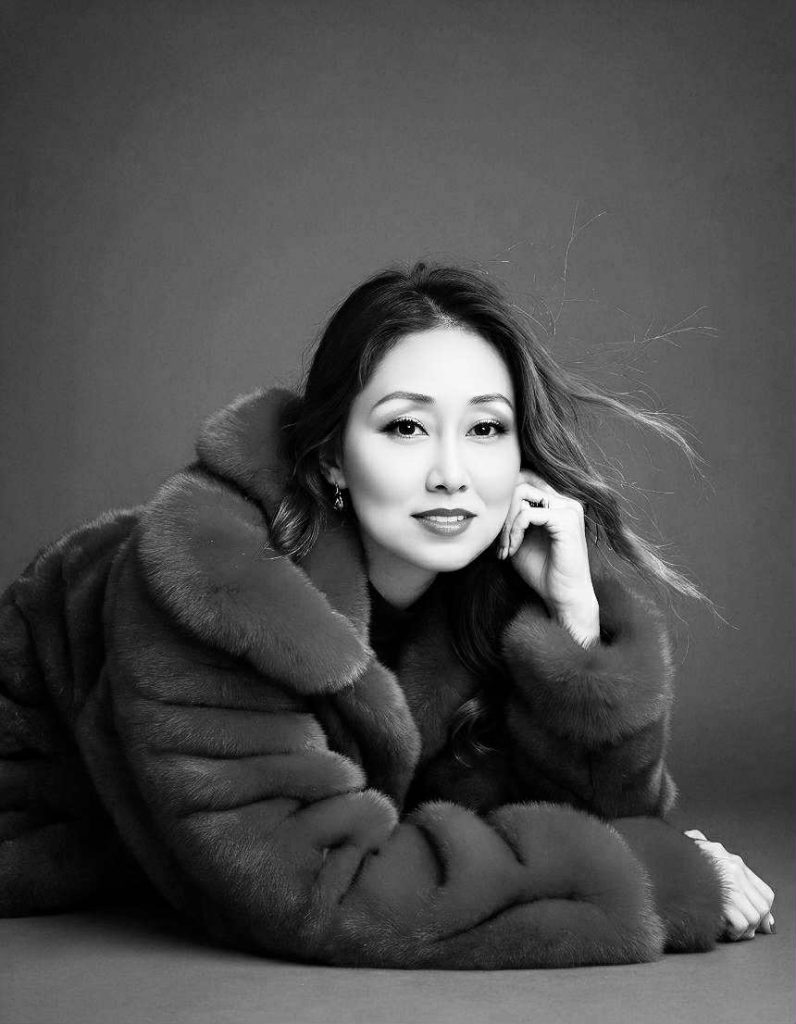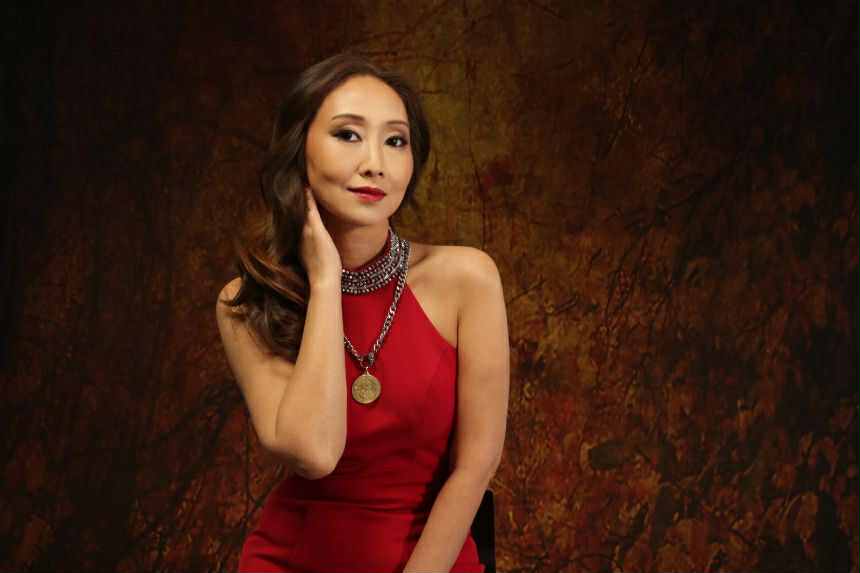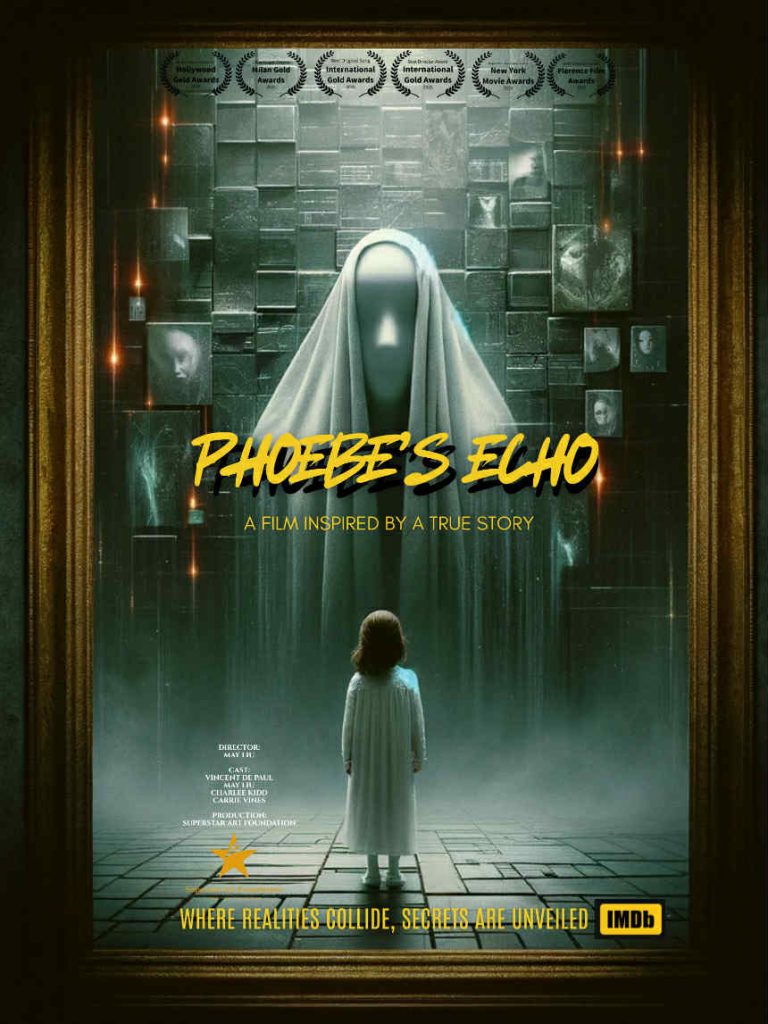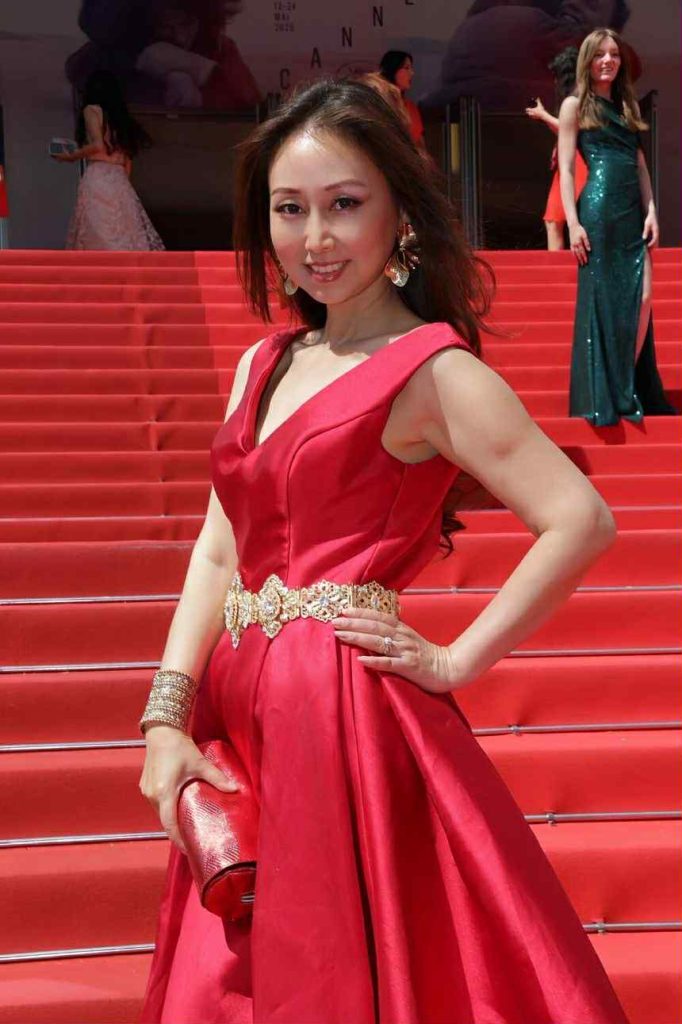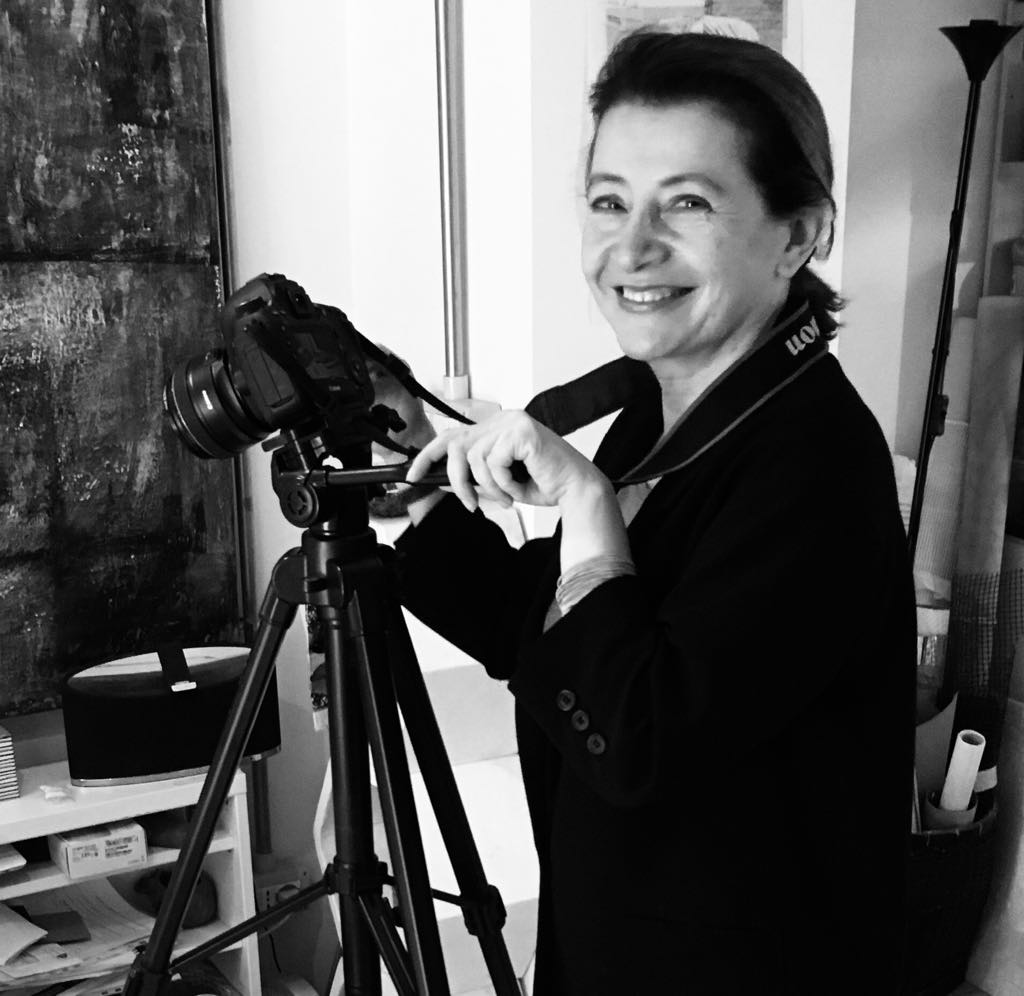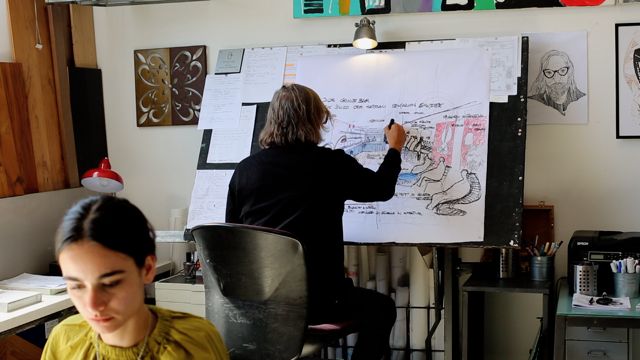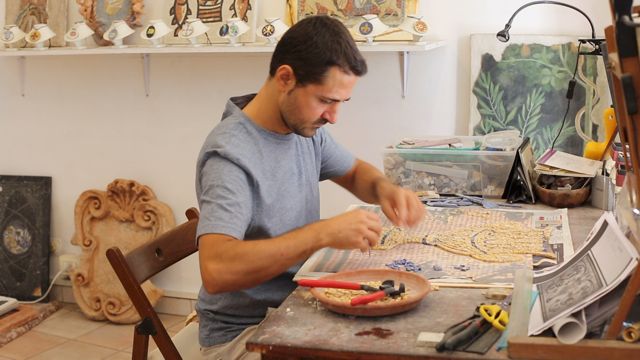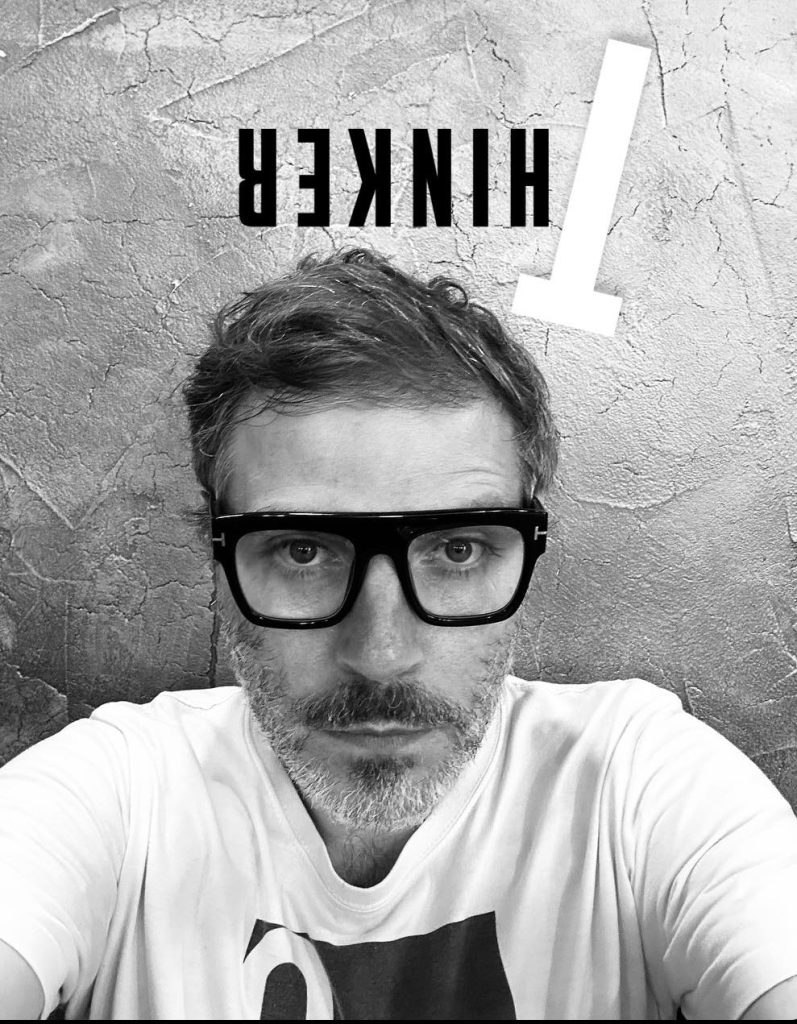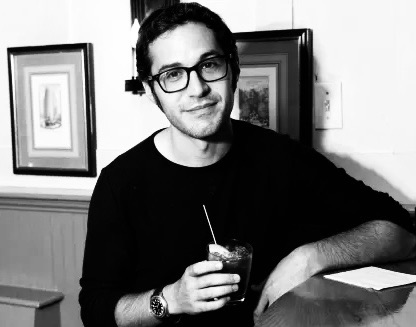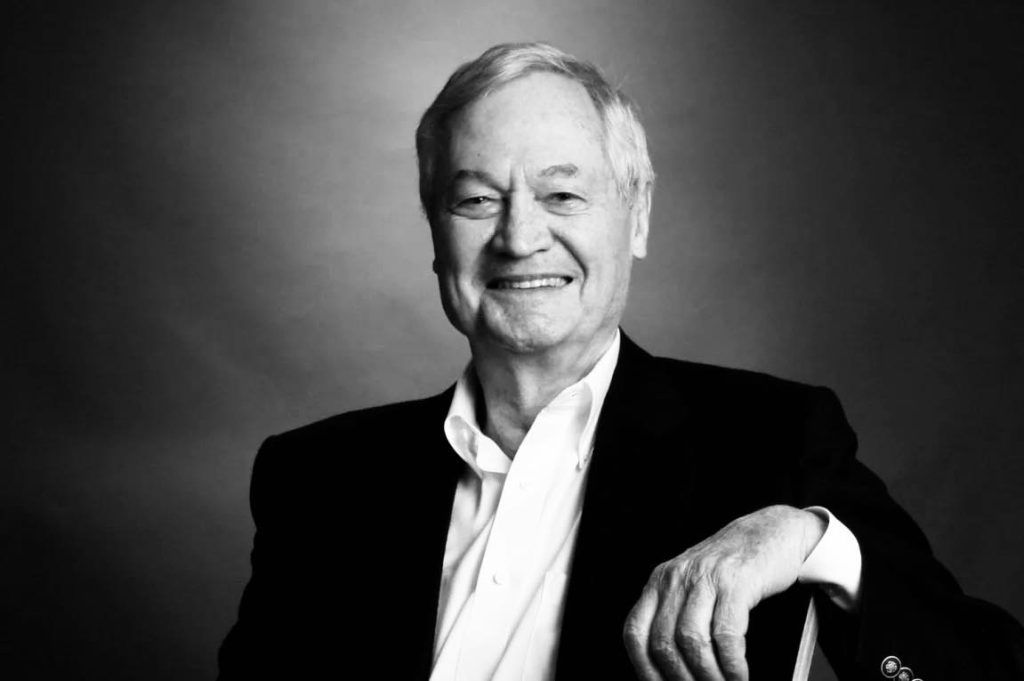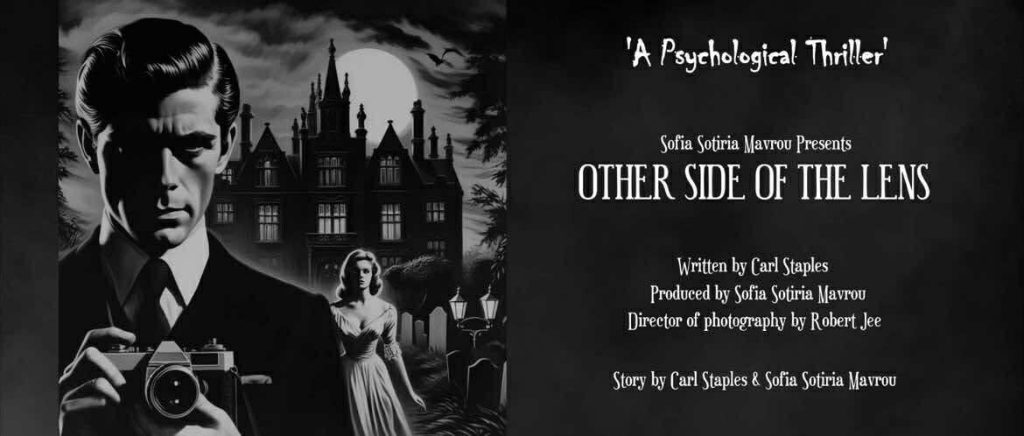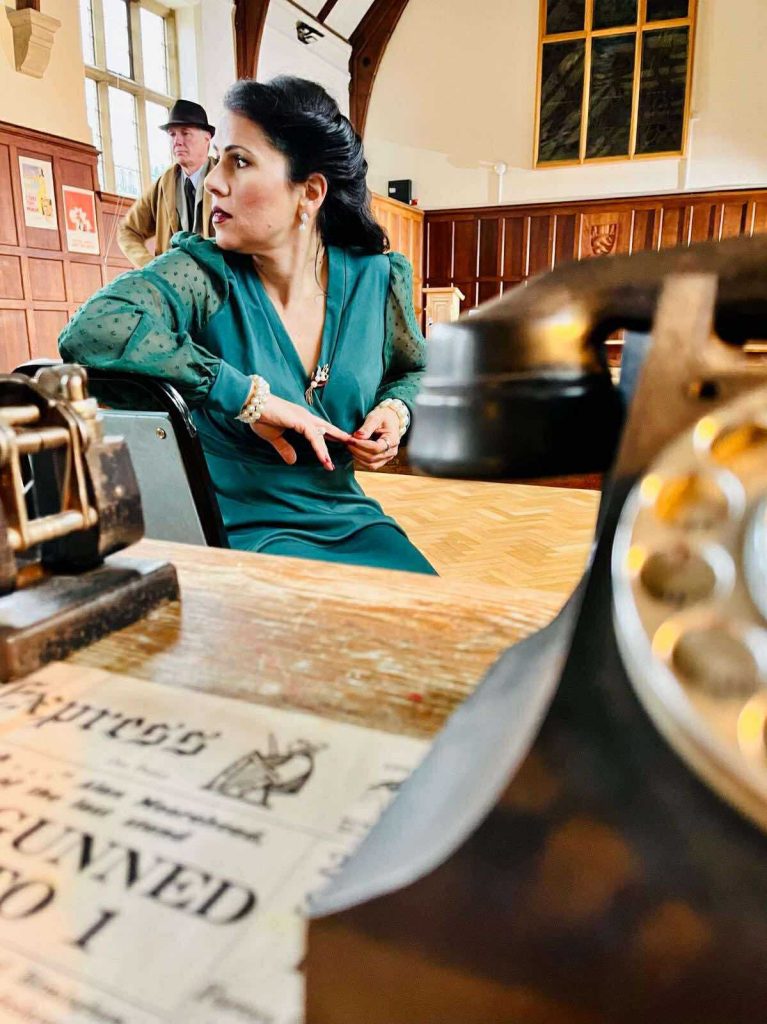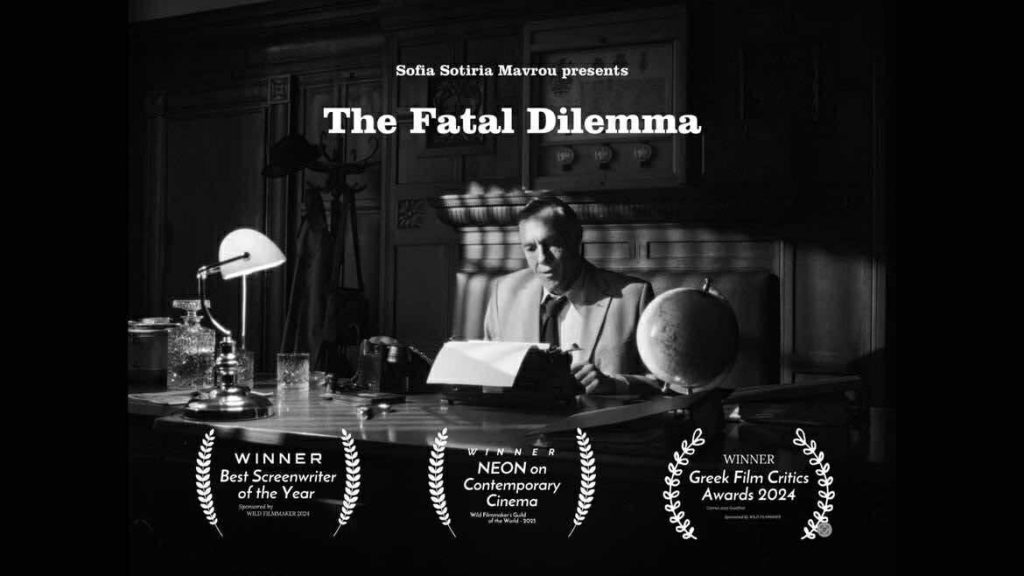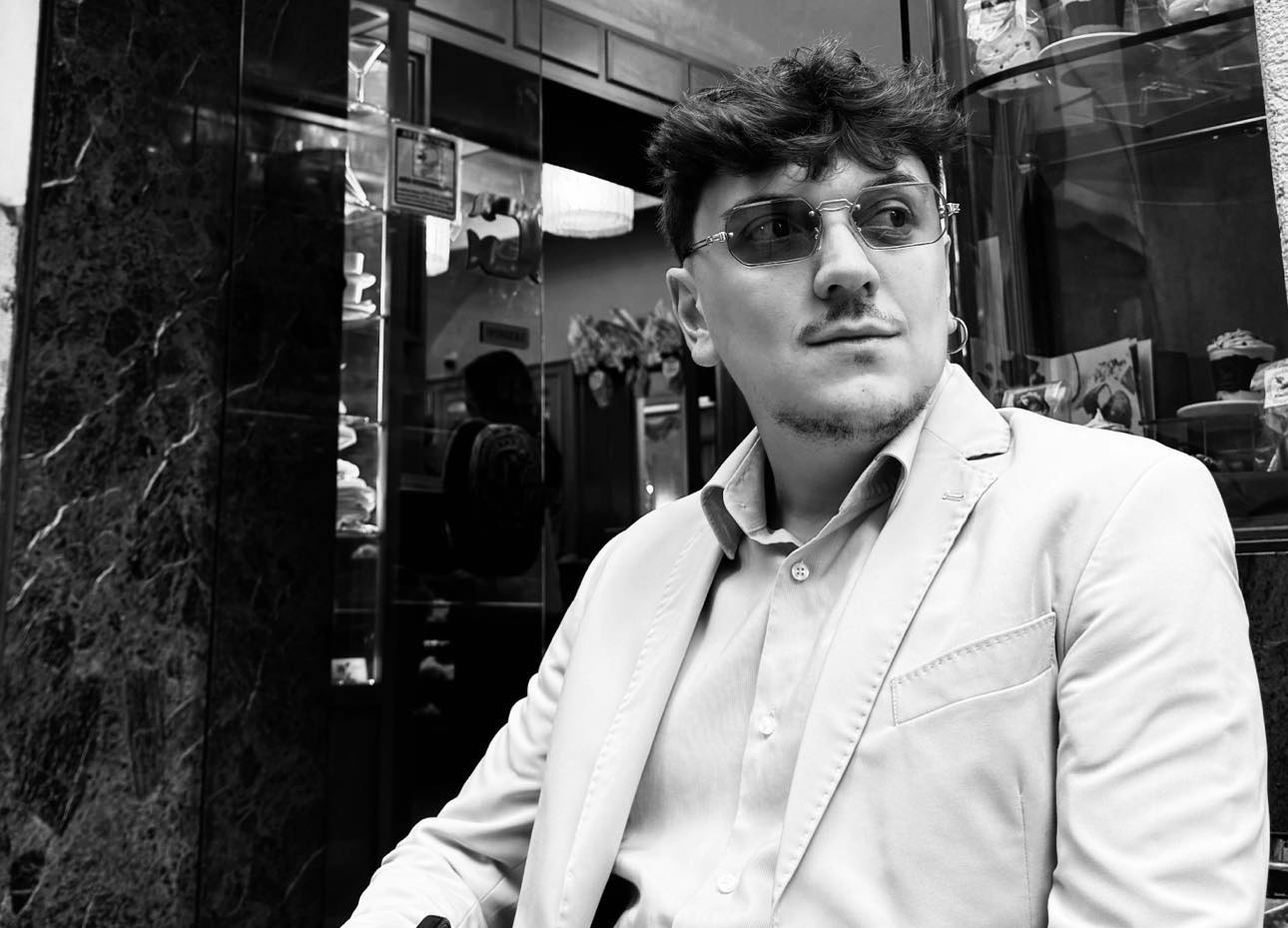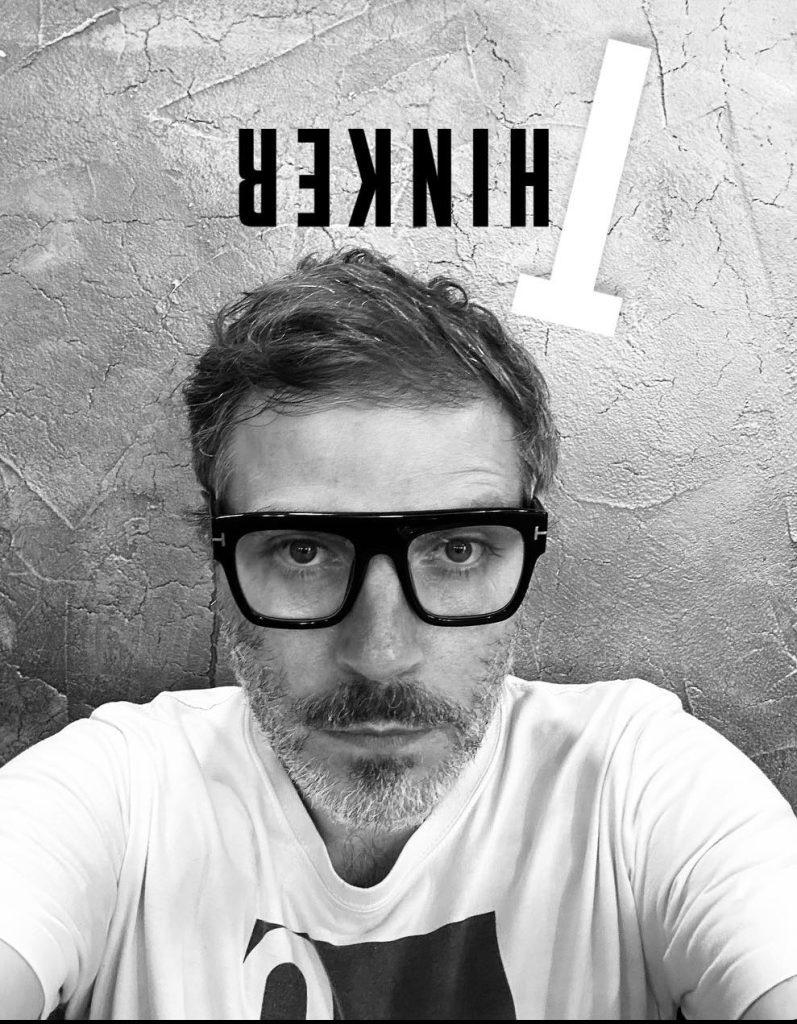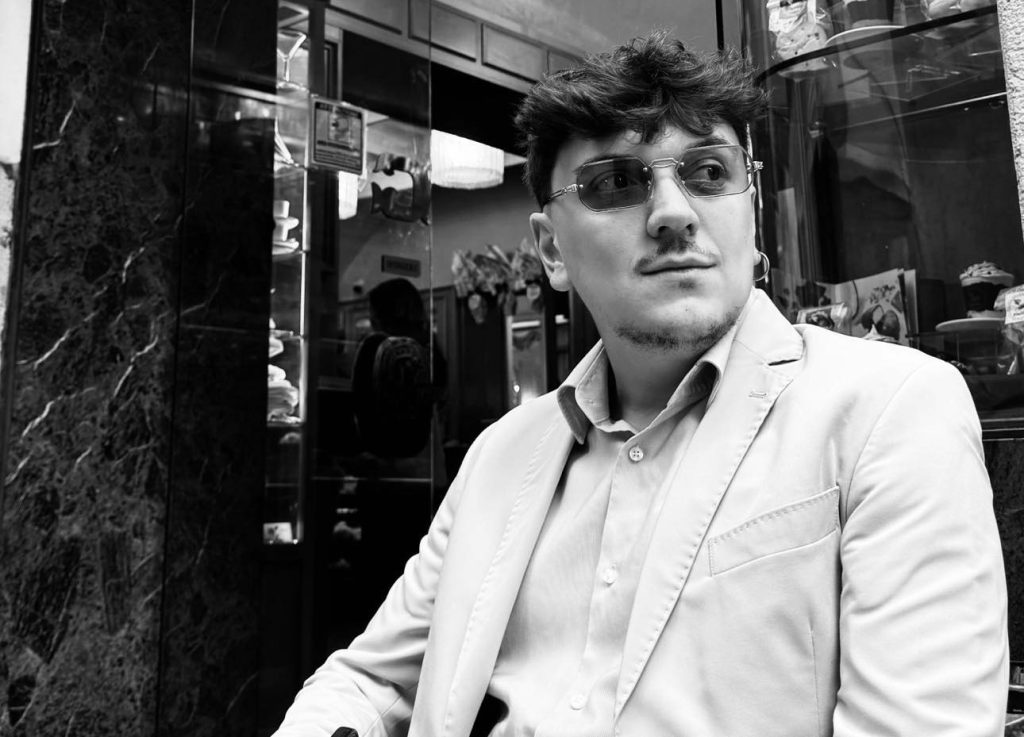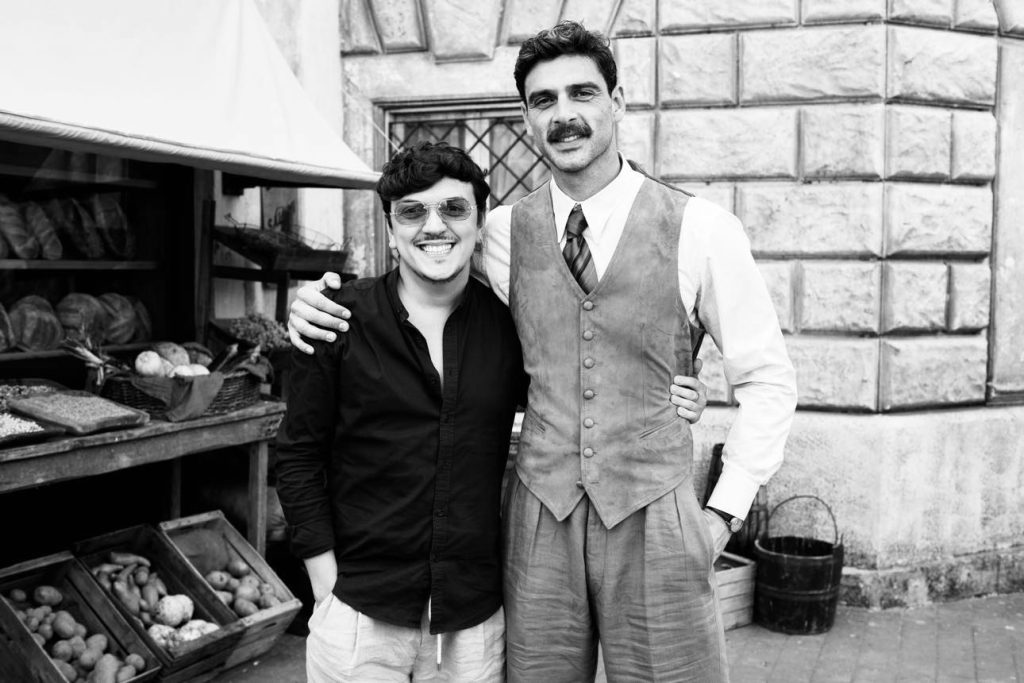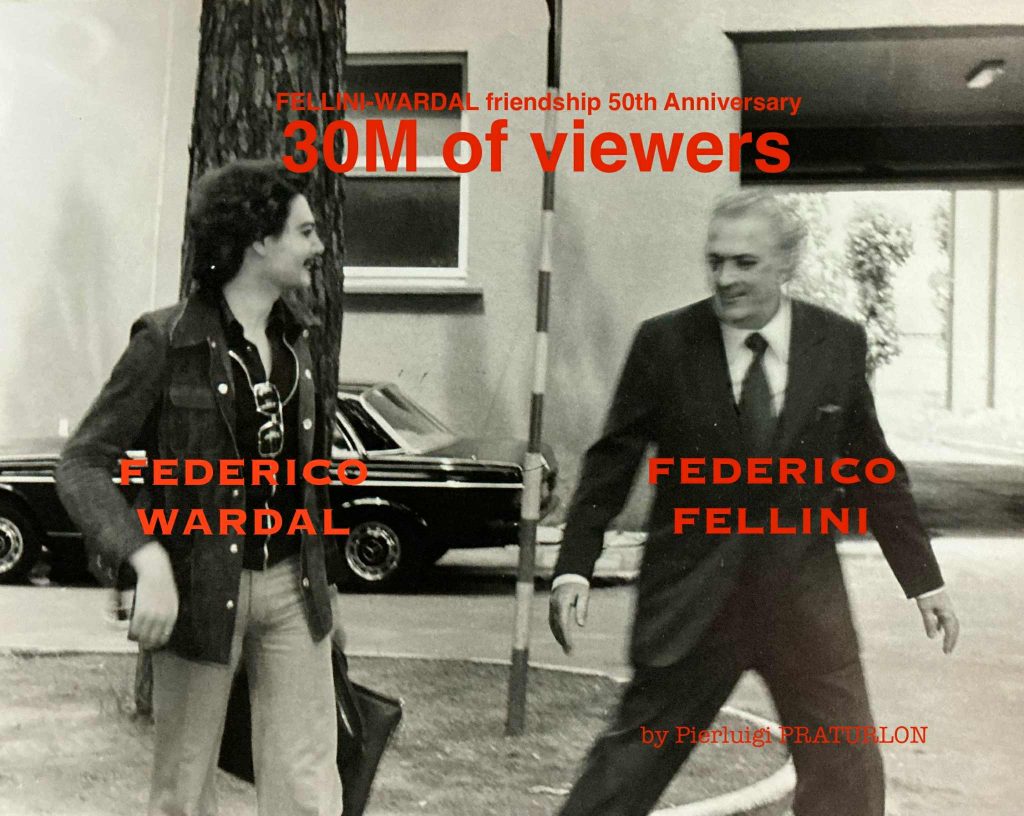
-Who is Federico Wardal?
Anna Magnani answered this question: “I don’t know who really I am , I don’t even know if I’m an actress. An actress, playing a role , repeating a role , should be identical or “almost identical”, I never am. ”
Well , I am not Anna Magnani, nor is Anna Magnani me, although recently, in a scene from Enrico Bernard’s new film “Lila”, currently in production, I was compared, for dramatic intensity, to Anna Magnani, which is an immense compliment.
-Do you remember the exact moment you fell in love with cinema?
Oh, I’ve always had a vast and real audience in front of me , not an audience I can’t see or imagine, so I only agree to work on films that can touch the human soul : that are very few films.
Aside from that, cinema really began for me with Federico Fellini, who sought me out at a time when he had oceans of famous actors, for whom it would have been enough for Fellini’s gaze to rest on them for a moment.
For me, however, as an adolescent, extremely captivating, the doors to Fellini’s creativity opened wide at Federico Fellini’s studio, at Stage 5 in Cinecittà, after a magical conversation. There, Fellini, in my presence, added some fabulous lines for me, for his film “Casanova.”
He had assigned me the role of Casanova’s young alter ego and PEA production instantly began to publicize my image with Donald Sutherland in the scene that Fellini called: “Casanova with Giacomino”. “Giacomino” was me, the young Casanova. In Italian “Giacomino” is the diminutive of the name Giacomo, Casanova’s name. Fellini loved calling people with diminutives. In real life, no, Fellini never called me with a diminutive, but I am called like him: Federico… lol. However, a tragedy occurred which the entire world press talked about: the entire footage of “Casanova” was stolen. On top of this tragedy another tragedy was added: I fell into depression, because of my father, who could no longer stand my friendship with Fellini, which he considered an affront to his “parental authority”. Producer Alberto Grimaldi re-produced the film. Fellini called me back to reshoot the stolen scenes, but because of my father, I had instilled in me, against my will, my father’s command to “destroy Fellini in me : I never was able to shoot again those scenes . ” Fellini called me back for “Orchestra Rehearsal” and ” City of Women ” but I was still depressed . I met Fellini again in the last years of his life, but the film Fellini had proposed I make , was never made. This story deserves to appear on the screen.
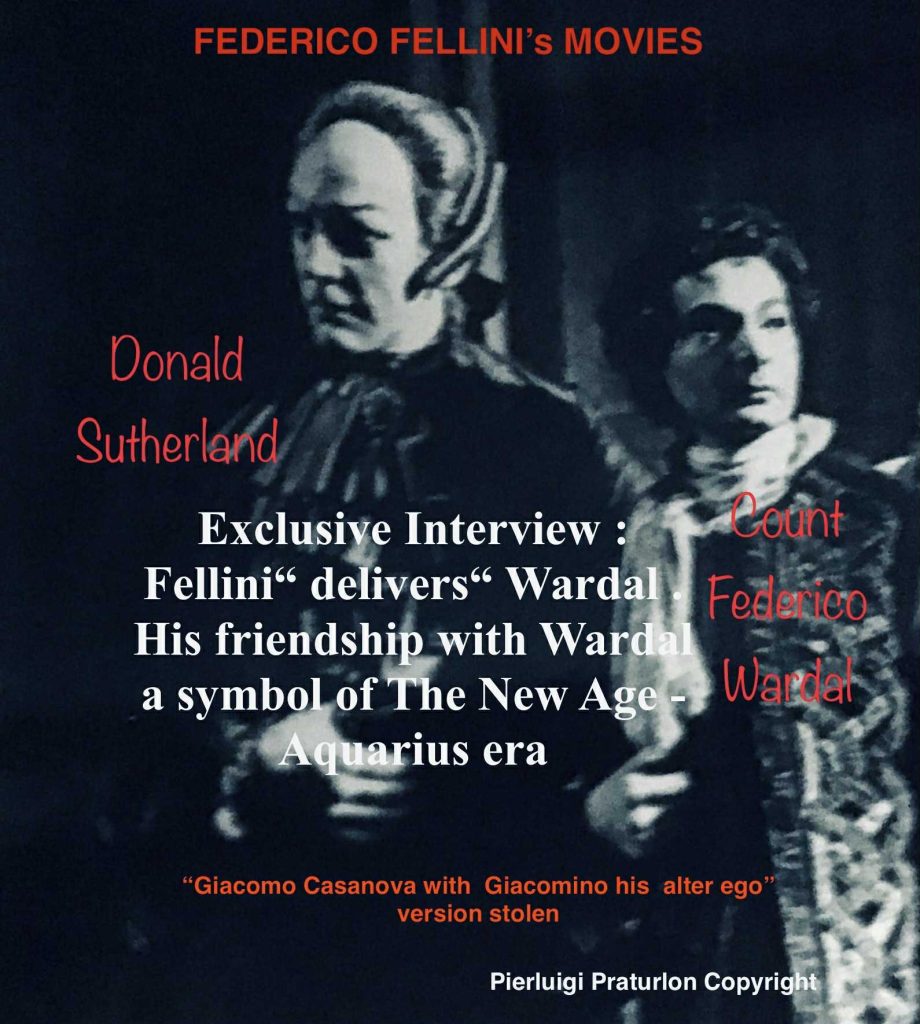
-Tell us about your project “Anita”.
“Anita” certainly wasn’t born by chance, but is the result of years of cinematographic and theatrical events that I have done, on the hero of two worlds Giuseppe Garibaldi, in collaboration with his great-grandchildren Anita Garibaldi and his son Francesco Garibaldi Hibbert. Garibaldi was not only a leader who, with his companion Anita, gave independence to countries, but he was also a great poet and when Anita was in agony, Garibaldi wrote “Anita”, a poignant lyric, which goes straight to the heart. The film “Anita” is based on this. Without mentioning that Anna Magnani played “Anita”, I agreed to shoot “Anita” with the wonderful music of Andrea Ceccomori. However, in the film “Anita” I am the essence of Garibaldi’s poetry, I am the one who speaks to death, mocking it, while Anita is dying. Why mocking it? Because death can do nothing in the face of the love of Giuseppe and Anita Garibaldi, based on the value of freedom. The film, already appreciated in various film festivals, including the Vesuvius Film Festival, will be screened in October in an institutional event between the Italian Republic and the State of Dio Grande do Sul, in Brazil, in the city of “Garibaldi” which will echo around the world.
-Which Director inspires you the most?
I inspired Fellini and Fellini inspired me: we were two “metaphysical, surrealists”, lol. But I also mention Billy Wilder, who I met through Gloria Swanson and now I have become a dear friend of his daughter Victoria Wilder Roberts, a great visual artist. But it is I who inspire directors, poets and writers, for example Mario Fratti, Franco Cuomo, Enrico Bernard, Dario Bellezza, Carlo Lizzani, but also very young directors like Felix Milionis and the famous Hollywood director Jason Zavaleta. I also have a great connection with Michael Poryes, the author of the famous “Hannah Montana”.
-What do you dislike about the world and what would you change?
Everything that is based on narcissism and on those who refuse to accept themselves and invent a fictitious personality: this can lead the world to catastrophe. Among people in power, these individuals are not few. What is good for the world, in my opinion? A broad vision, beyond created and therefore non-existent borders. One of my successful shows was: “Garibaldi and Anita, peacemakers without frontiers” or the film by Youssef Nabil : “Lincoln, Garibaldi, Rizal, crackling” or “Kamusta Kayo Dr. Rizal” by Jason Zavaleta, films that express the value of freedom, including “Anita”.
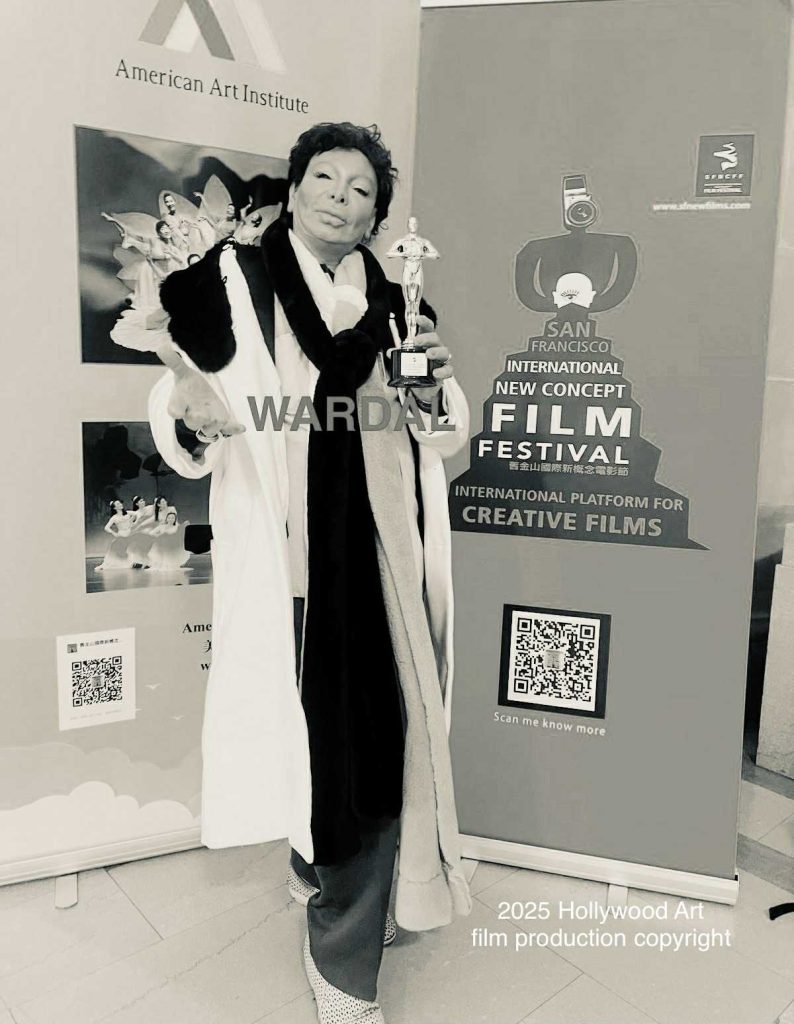
-How do you imagine cinema in 100 years?
Cinema is immortal like imagination, fantasy, creativity, dreams. Technology, even in this field, is developing at an impressive rate, like Artificial Intelligence. In 2021, I was the first actor to be completely cloned in the short movie: “Cloned Life”. They completely simulated how I could have shot this film to the point that not even I myself, if I hadn’t known, could have realized that it wasn’t me acting. Cinema, however, as I understand it, ends when spontaneous creativity is submerged by artificial creativity, when real communication between people is submerged by virtual one, when there is no longer a need to experience love, but to place it totally outside of a real context. All of this depends on each of us.
-What is your impression of WILD FILMMAKER?
Oh, my impression of WILD FILMMAKER is extraordinarily positive.
That’s why I agreed to give this interview and I did it my way, because I know that WILD FILMMAKER likes authenticity.
WILD FILMMAKER offers the opportunity to bring out talents that the world distractedly ignores or to bring out talented works by those who enjoy fame, but which, if it weren’t for WILD FILMMAKER, these works would be ignored.


